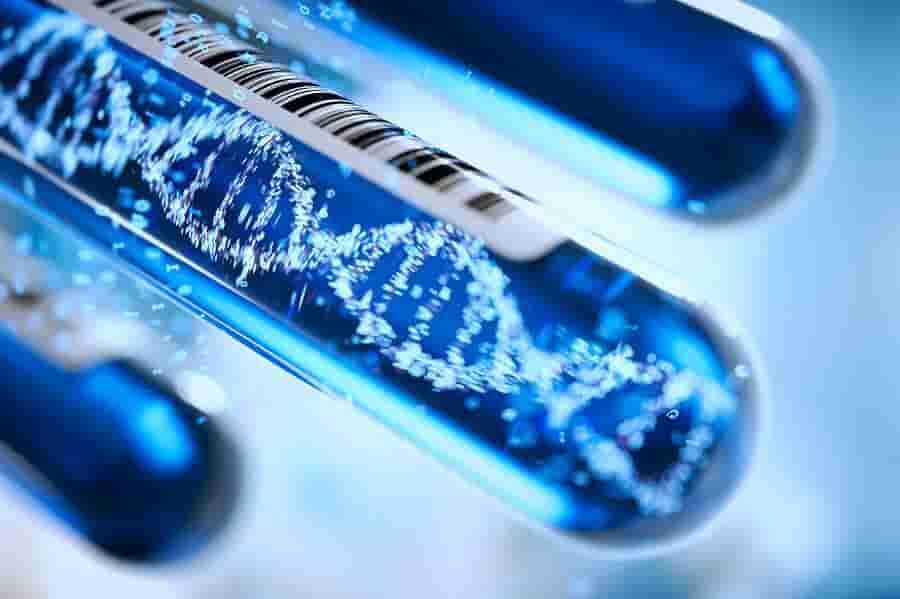
Genetik hastalardan nasıl kurtuluruz?
There are many diseases that have a genetic component, meaning they are caused by changes or mutations in a person’s genes. Some examples include:
Cystic fibrosis: a progressive lung disease that causes breathing difficulties due to a faulty gene that affects the production of mucus in the lungs.
Huntington’s disease: a progressive brain disorder caused by a mutation in a single gene that affects movement, cognition, and behavior.
Sickle cell anemia: a genetic disorder that affects red blood cells, causing them to become misshapen and unable to carry oxygen effectively.
Hemophilia: a blood clotting disorder caused by a missing or defective clotting protein.
Duchenne muscular dystrophy: a progressive muscle-wasting disease caused by a mutation in a gene that produces a protein called dystrophin.
Down syndrome: a genetic condition that occurs when a person has an extra copy of chromosome 21.
BRCA1 and BRCA2 mutations: genetic mutations that increase a person’s risk of developing breast and ovarian cancer.
These are just a few examples, there are many other genetic diseases as well. It’s important to note that genetics alone do not always determine if someone will develop a disease, as other factors like environment and lifestyle can also play a role.
Is it possible to get rid of general diseases?
While it may not be possible to completely eradicate all general diseases, great progress has been made in preventing and treating many common diseases. Some diseases, such as smallpox, have been eradicated through vaccination programs, while others, such as polio, have been greatly reduced through vaccination efforts.
Other diseases, such as heart disease and diabetes, are more complex and multifactorial, with lifestyle choices and genetics playing a role. While they may not be completely eliminated, these diseases can often be managed through healthy lifestyle choices and medical interventions.
Research in the fields of genetics, immunology, and biotechnology continues to provide new insights and treatments for diseases, which may lead to new strategies for disease prevention and management in the future.
What is the cause of genetic diseases?
Genetic diseases are caused by abnormalities or mutations in a person’s DNA, which can be inherited from one or both parents or can occur spontaneously due to errors in DNA replication or damage to the DNA. Some genetic diseases are caused by mutations in a single gene, while others are caused by a combination of genetic and environmental factors.
Mutations can occur in different ways and affect different parts of the DNA, such as changes in a single base pair, deletions or insertions of larger segments of DNA, or rearrangements of the entire chromosome. Depending on the type and location of the mutation, it can interfere with the normal functioning of a gene, leading to a variety of symptoms and health problems.
While some genetic diseases are relatively rare, others are more common and can affect a large portion of the population. Examples of genetic diseases include sickle cell anemia, cystic fibrosis, Huntington’s disease, and Down syndrome, among many others.







